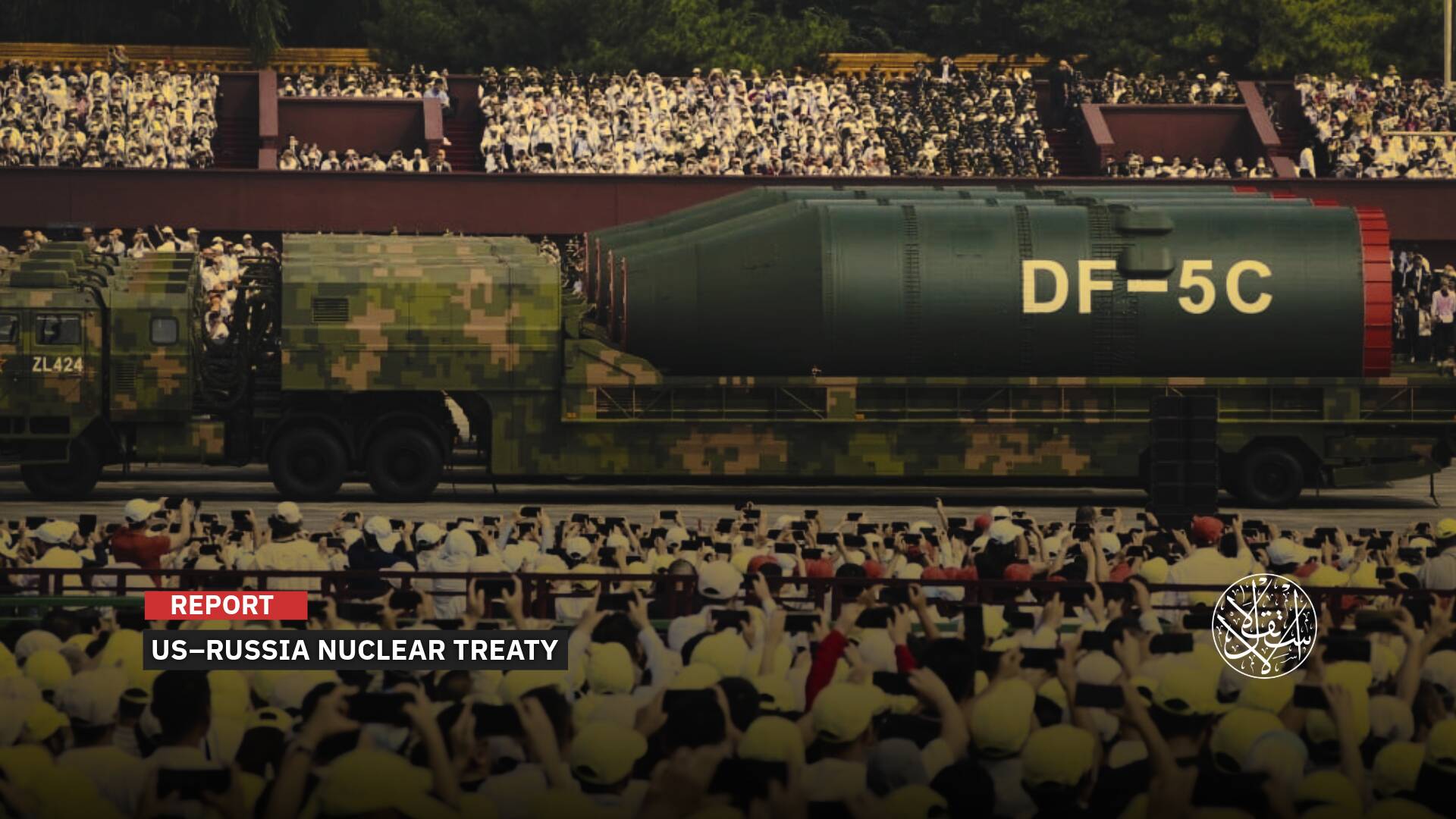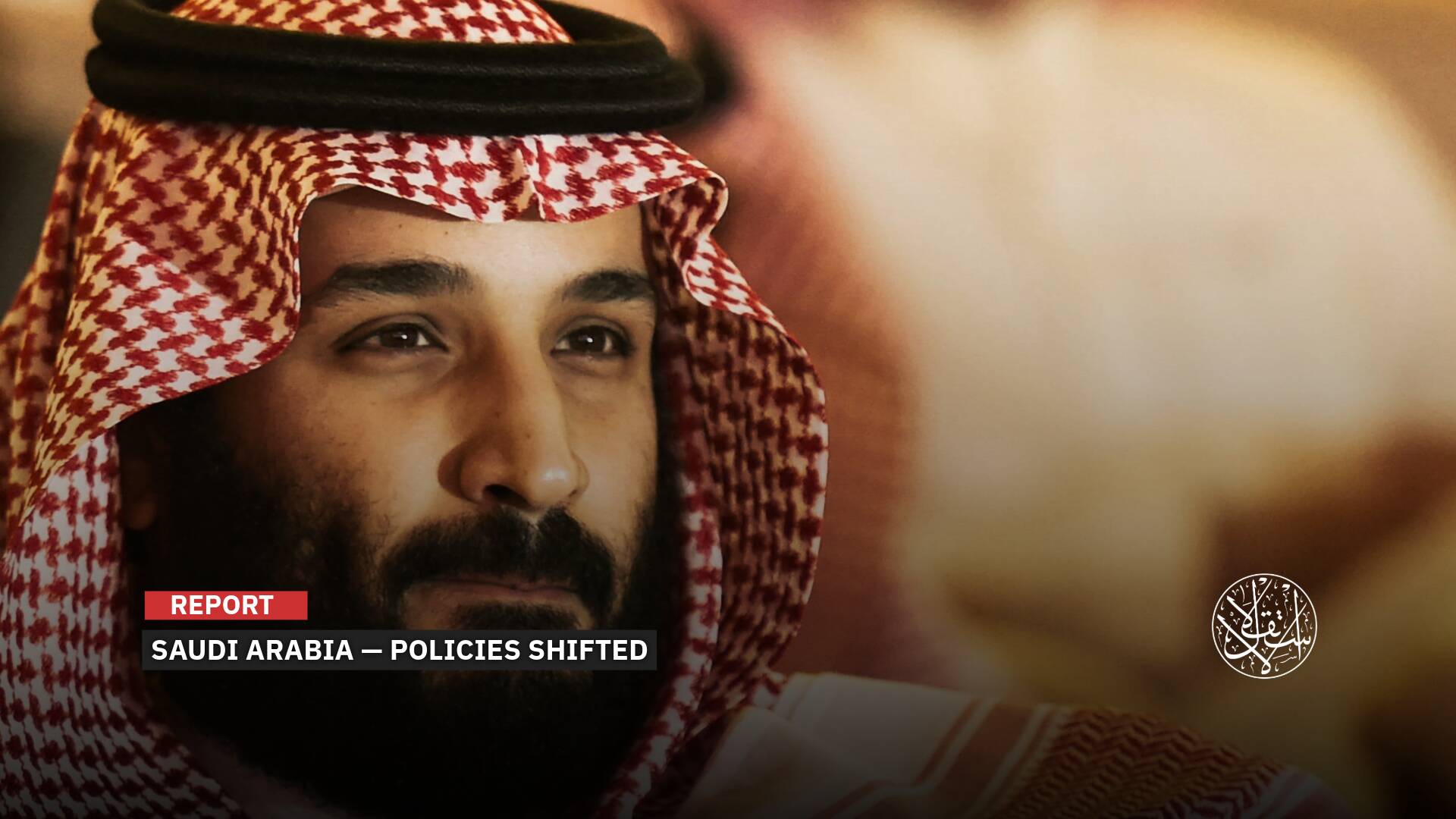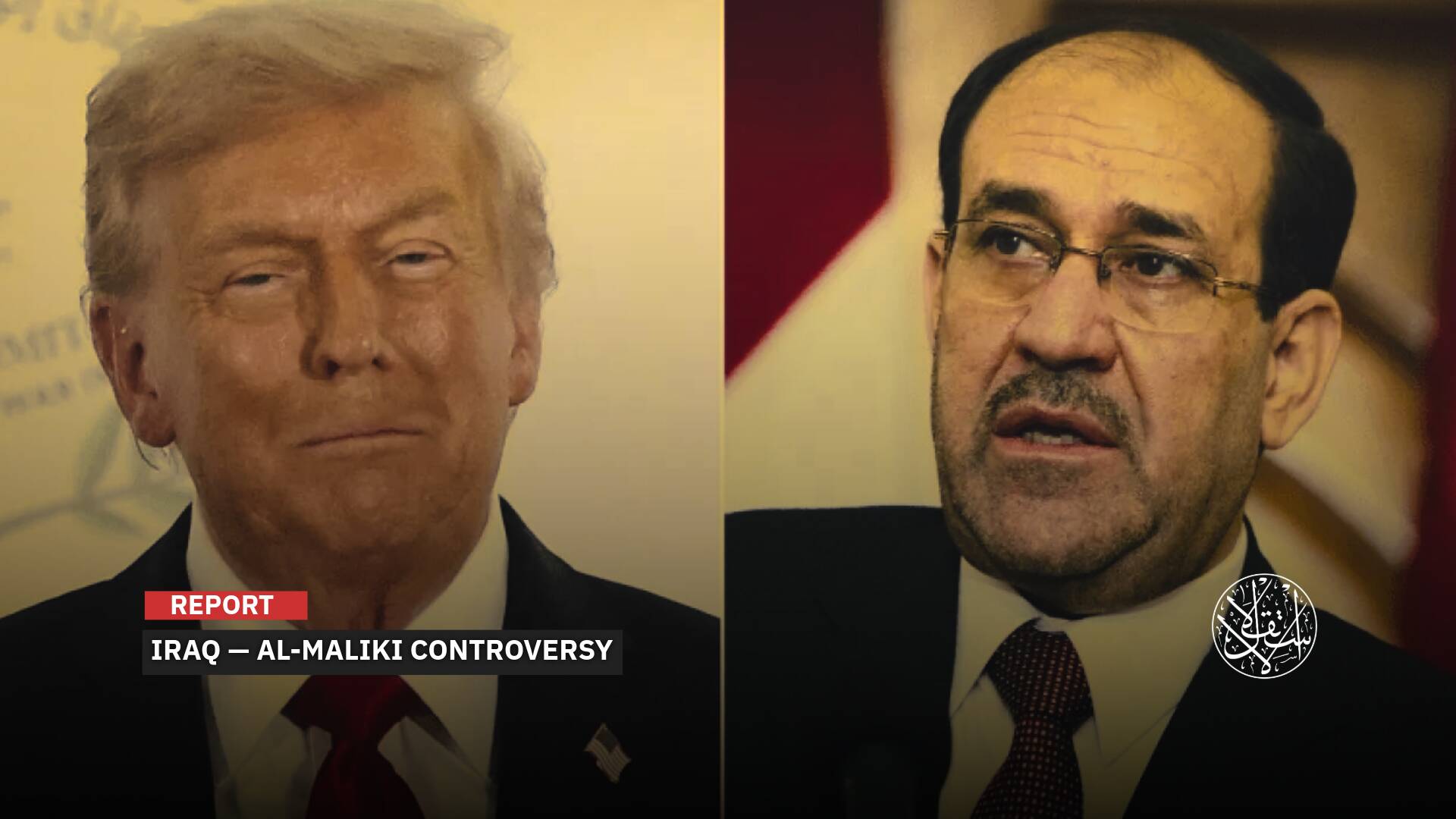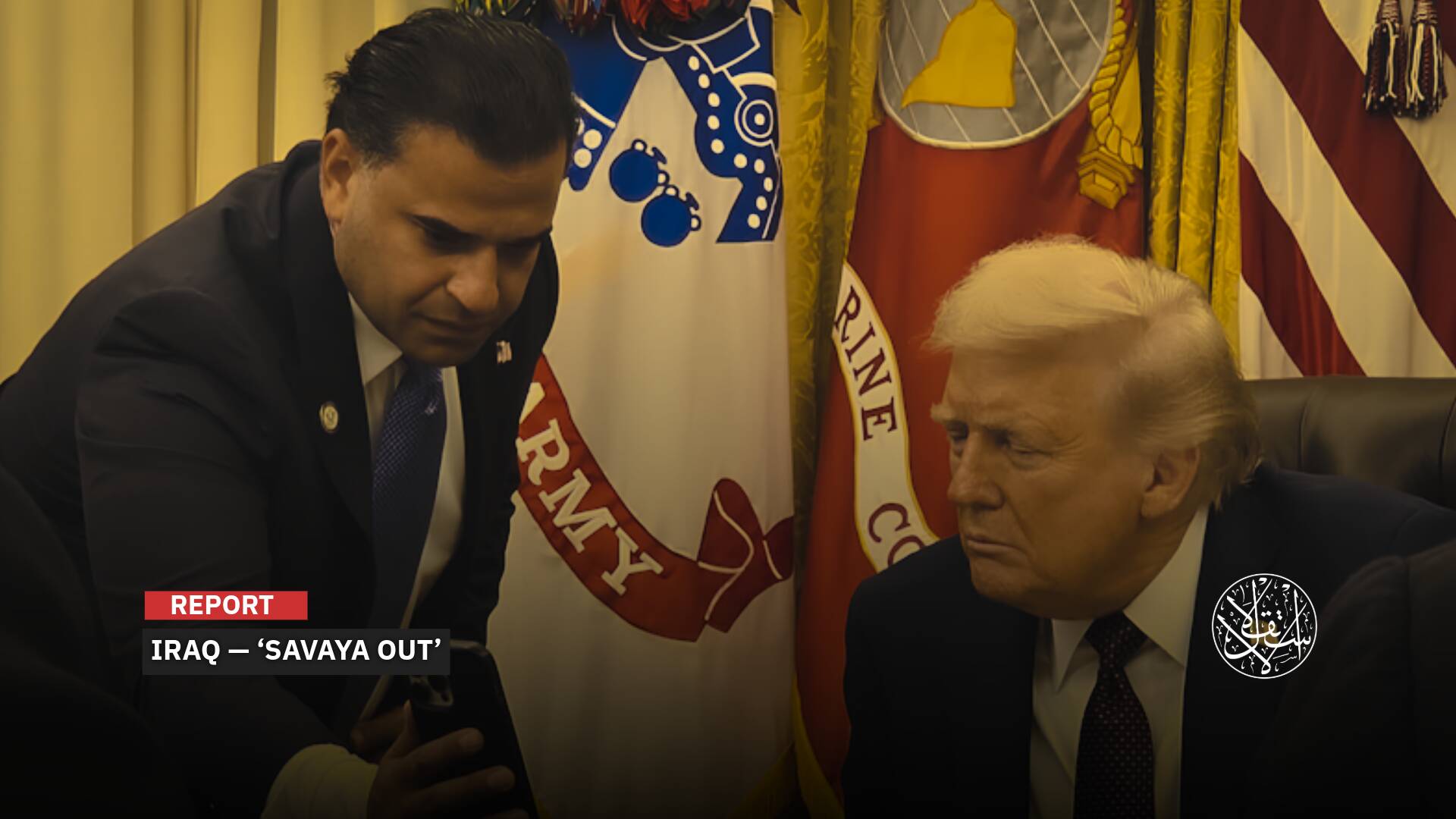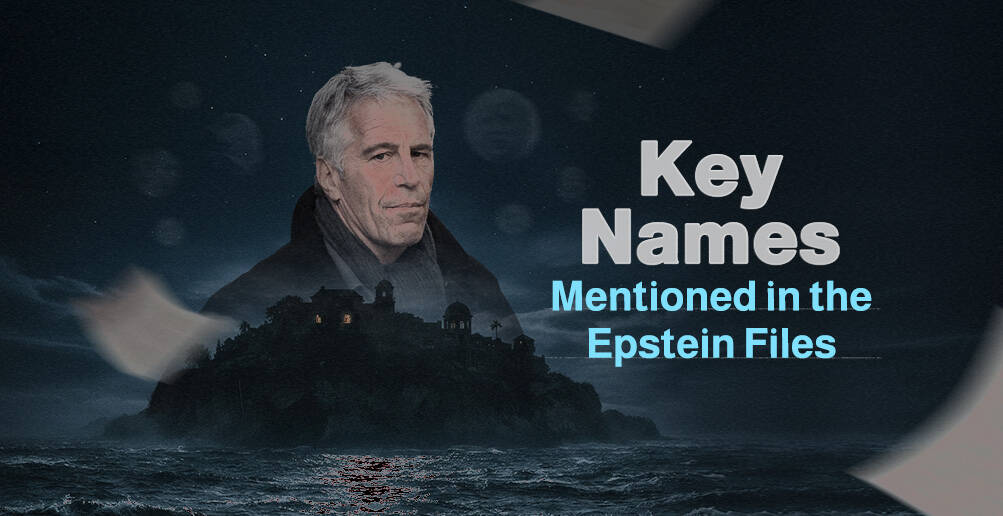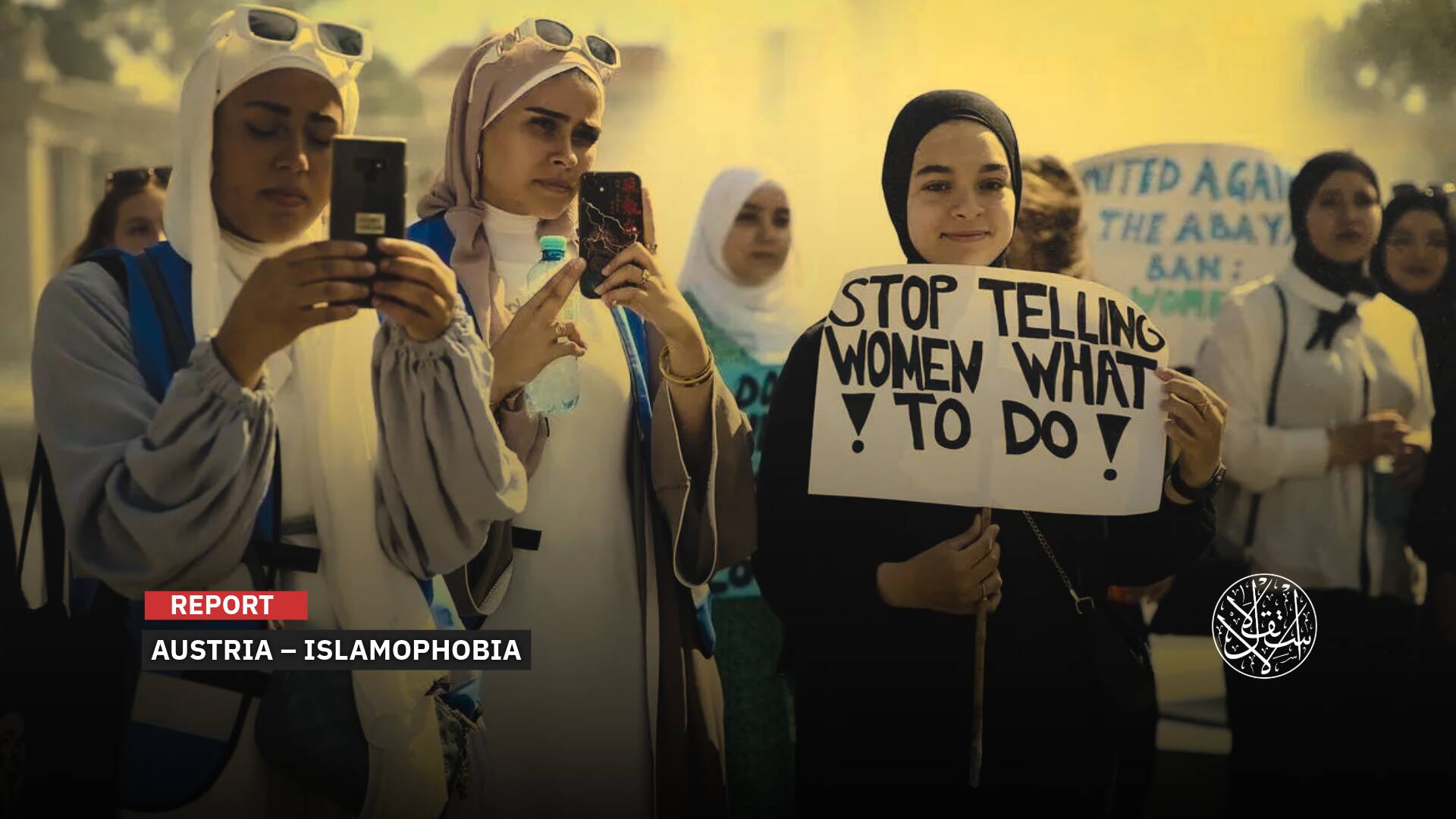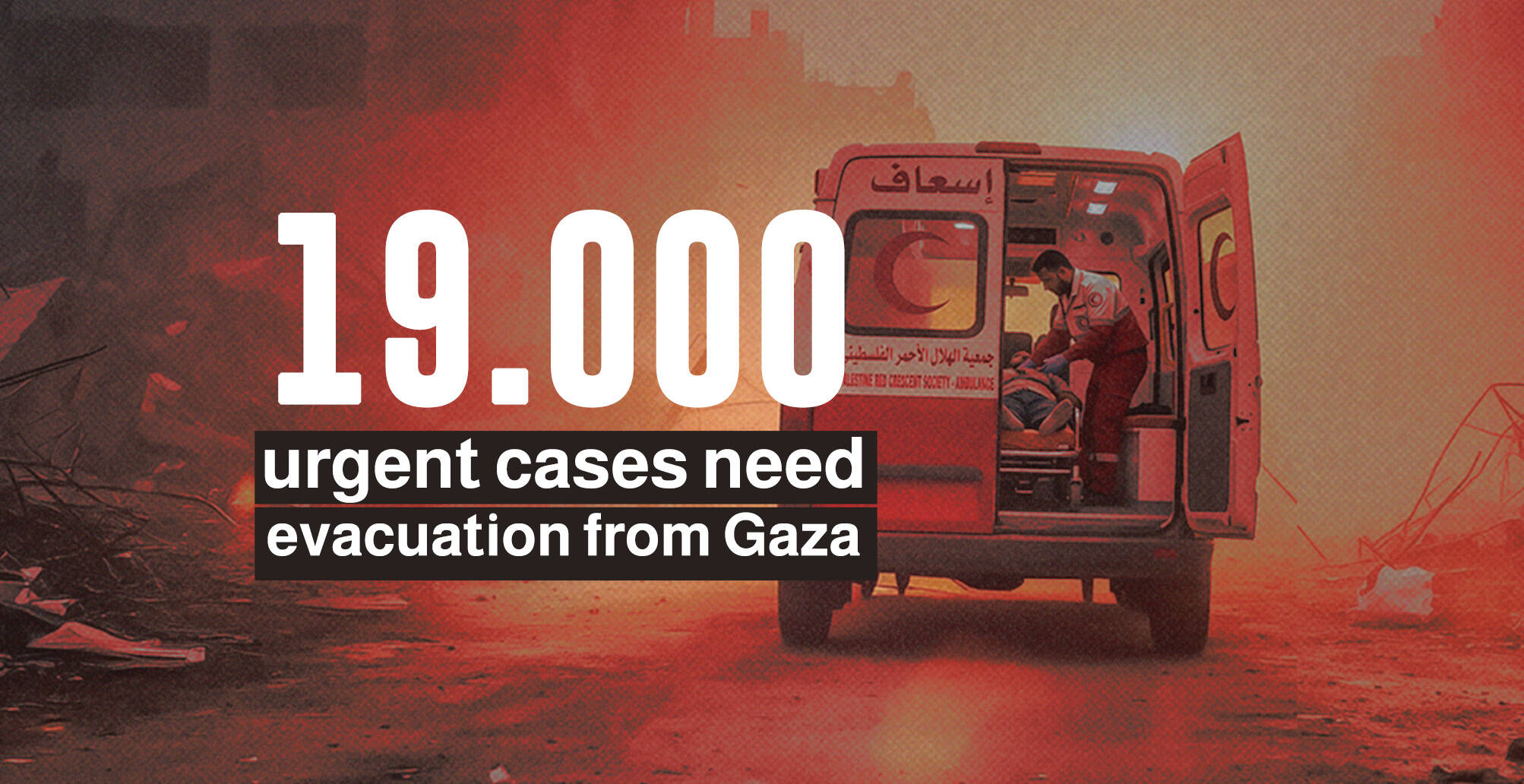The Unspoken Issue: Why Have Prisoners of Conscience in Jordan Returned to the Forefront?

The previously silenced issue of prisoners of conscience in Jordan resurfaced once again as a Jordanian appeals court sentenced the prominent satirical journalist Ahmad Hasan al-Zoubi to one year in prison and ordered him to pay a fine, as stated in a tweet by al-Zoubi on X (formerly known as Twitter).
“Some friends ask about the story of the sympathy posts. The details are as follows: Today I was informed of the ruling of the Court of Appeal imprisoning me for a full year on the case brought against me by the judiciary during the transportation strikes in Ma’an,” his post on X said.
This decision followed the initial ruling by the Amman Magistrate’s Court, which sentenced al-Zoubi to a two-month imprisonment. However, the Public Prosecution appealed this decision, leading to the acceptance of the appeal and the subsequent modification of the sentence to one year, along with the imposition of a fine.
The case revolves around a post made by al-Zoubi on his page, dating back to the time of the truck strike that commenced in the Ma’an Governorate towards the end of the previous year.
Jordan has recently attracted attention due to its proposed cybercrime legislation, drawing criticism for its potential to significantly jeopardize both freedom of expression and digital rights within the nation.
This legislation, if enacted, could potentially criminalize various online activities, including the use of Virtual Private Networks (VPNs).
These developments have reignited the discussion about political opposition and opinion-based arrests in Jordan, prompting scrutiny of the extent of freedoms in a country grappling with severe economic crises and heavy reliance on foreign aid.
Prisoners of Conscience
The precise number of political detainees in Jordan remains unknown, as the government does not officially classify them as such, refraining from disclosing any names in the media and limiting public discussion about them.
However, the Committee for Monitoring Opinion, Freedom, and the Oppressed Detainees in Jordan shared an image on its Facebook page on August 17, 2023, illustrating the arrest of more than 45 individuals for expressing their points of view.
In turn, human rights organizations and political parties consistently advocate for the necessity of releasing political detainees. Additionally, their families share details about their loved ones’ situation while in prison, which provides a means of identifying those behind bars.
One of the recent cases related to this issue is that of Jordanian activist Sumaya Abu Nabaa, who has been on a hunger strike since early August 2023, despite her deteriorating health, while in detention at Juweideh Prison in the capital city of Amman.
On August 15, 2023, lawyer Abdul Qader al-Khatib stated that “Abu Nabaa’s health condition is extremely poor,” urging the administration of Juweideh Prison to provide her with medical supervision.
He mentioned that “Abu Nabaa informed her family during the recent visit that the prison administration placed her in a ward with individuals accused and convicted of criminal cases. She reported threats of physical harm from some of them if she didn’t end her hunger strike.” He emphasized that her family holds the prison administration responsible for any developments in her mental, physical, or emotional well-being.
This woman was arrested in July 2023 while being with her sister in a public street, following a decision by the Court of Appeals to imprison her for a year in a case that the court had previously ruled as “non-accountability.”
The court accused Abu Nabaa of “inciting hatred,” a charge the Jordanian authorities use as a pretext to arrest, prosecute, and intimidate their opponents.
There is also the case of political detainee Hamad al-Kharsha, arrested by authorities on January 13, 2023, due to his social media posts. He was transferred to the State Security Court on charges of “undermining the system of government.”
The Arab Organisation for Human Rights in UK stated on July 23, 2023, that al-Kharsha’s health has been continuously deteriorating after 328 days of his open hunger strike.

According to statements by Lawyer Luay Obeidat, a member of the National Forum for Defending Freedoms, Hamad al-Kharsha has lost all vital signs, along with his hearing and speech. He has transformed into a state resembling a lifeless body, as per a statement.
His family confirmed that his health has significantly deteriorated after 328 days of his hunger strike, as reported by local news outlet jo24.net.
They further revealed that due to spending months confined to a bed, he developed ulcers on his back. Additionally, due to his overall weakened condition, some of his teeth have fallen out.
His family noted that he has requested not to meet with anyone outside the family as he is unable to speak or hear. Despite his deteriorating condition, he refuses to end his hunger strike.
They highlighted that both the Red Cross and other organizations attempted to visit him, but he declined due to his health status and inability to hear or speak.
A week before this statement, the State Security Court adjourned the case of al-Kharsha to September 3, 2023, until the end of the judicial holiday.
His family held the government responsible for any worsening of his health condition.
Political detainees are employing hunger strikes as a means to challenge the charges against them.
Alongside al-Kharsha,
Ala’a al-Naimat, Madi al-Shamaseen, and Ahmed al-Batoush have taken similar steps, as reported by BBC on March 12, 2023.
Former Mayor of Ma’an, Majd al-Sharari, who was arrested after criticizing the government on social media and participating in protests against the economic downturn, suspended his hunger strike due to deteriorating health, but later resumed it.
The precise health condition of these individuals, and whether they continue their hunger strikes or not, remains uncertain.
These individuals and others were arrested following criticism of the government on social media or participation in protests against the economic decline. This was exemplified by al-Sharari, whose freedom was taken away by authorities in December 2022 after suppressing protests against fuel price hikes, leading to the arrest of several political activists.
Accusations and Laws
In the face of this deteriorating situation, the Jordanian government denies that the reason for the arrests of these individuals and others is related to “political motives.” Instead, it presents charges that include “opposing the political regime,” “unlawful assembly,” “damaging the national economy,” in addition to “disrupting public transportation networks.”
Among the charges that activists mock and consider “vague” and “loose” are accusations of “undermining the regime,” “speaking out,” “changing the social structure,” “instigating regional tensions,” and “crossing red lines.”
Opponents argue that these are charges that are abundant in Jordanian legislation, leading dozens of political activists, retired military personnel, and teachers to appear before the State Security Court after expressing their opinions on social media or engaging in peaceful protests.
Jordanian authorities have now officially attached these charges, particularly after the controversial approval of the Cybercrime Law. Human rights advocates and political activists expect this law to open the door to more violations.
The Cybercrime Law consists of 41 articles, with Articles 15, 16, and 17 being the most contentious due to the “severe penalties” they impose related to online activities.
Article 15 of the draft law imposes “imprisonment and fines for several actions, including deliberately sending, resending, or publishing false news; defaming, ridiculing, or disparaging individuals through the information network or social media platforms.”
The penalty for Article 15 includes imprisonment for no less than 3 months and a fine ranging from 5,000 to 20,000 Jordanian Dinars (approximately 7,000 - 28,000 USD) after being reduced from the initial 40,000 Jordanian Dinars (approximately 56,000 USD).
However, the violations and severe penalties do not end here. The authorities intensify their judgments through military judges within the State Security Court.
This court is considered legitimate by virtue of the Jordanian Constitution, which allows for its formation under its own specific laws. Activists and human rights advocates had previously called for these detainees to be tried before a civilian court with civilian judges.
Yet, the official legal authorities maintain that the charges against the detainees amount to jeopardizing the country’s security, necessitating their trial before a military court.

In response to this situation, the Jordanian party Democratic Popular Unity Party demanded on July 9, 2023, that the Jordanian government release the political detainees and refrain from restricting freedom of expression.
The party stated in a press release that the country still experiences a state of encroachment on public freedoms, continued political imprisonment of a significant number of political activists, harsh treatment, and an expansion of curbing freedom of expression through the Cybercrime Law.
The authorities also tighten their grip on political forces and restrict their activities with a significant security presence, whether in local demand-based and livelihood-related issues or in activities organized by political and popular forces, condemning Israeli crimes against the Palestinian people.
The party viewed these practices as contradictory to all the directions the government has promoted in the past period regarding updating the political laws system.
These practices deepen the crisis experienced by the country on all levels and obstruct any serious and genuine project to address that.
They demanded an approach based on safeguarding freedoms and the fundamental rights of citizens guaranteed by the constitution, relying on national capacities, fostering a culture of productivity, combating corruption, and ending subordination and submission to international financial institutions.
On his part, the UN High Commissioner for Human Rights, Volker Turk, expressed “serious concerns” about the Cybercrime Law.
A press release from the Office of the UN High Commissioner for Human Rights on August 15 stated that the law penalizes circumventing internet addresses and allows authorities to remove or block content without appropriate judicial supervision.
The High Commissioner stated that among the vague and ambiguous cybercrimes in the legislation are incitement to debauchery or enticing another person, disrespecting public morals, character assassination, inciting sedition and tensions, undermining national unity, and disparaging religions.
These formulations target online expression and are vague and subject to broad interpretation, not adhering to the international human rights law requirements concerning legitimacy, legitimate purpose, necessity, and proportionality of the restrictions imposed on the right to freedom of expression, according to Turk.


